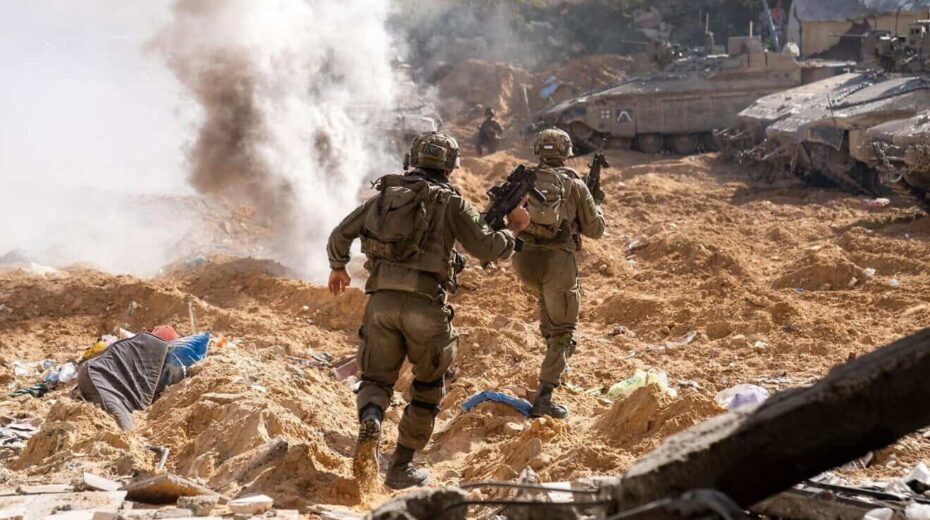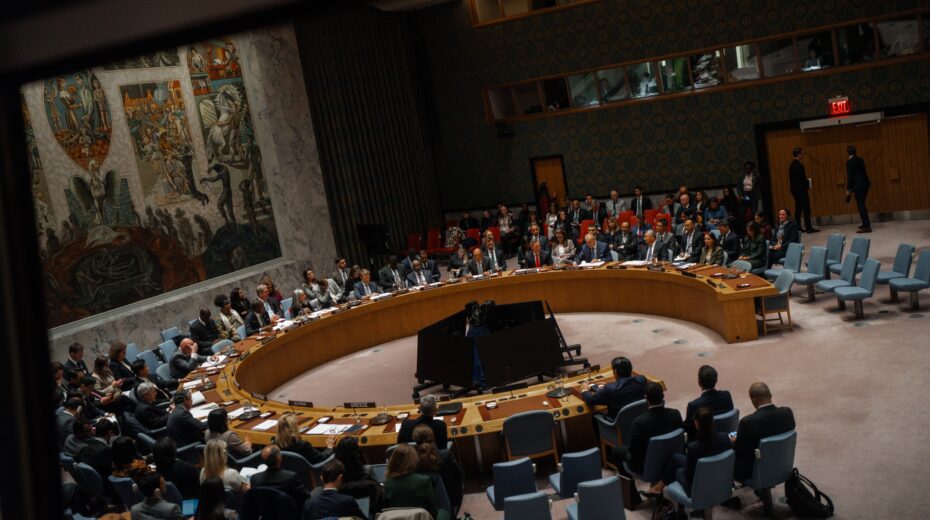Israel’s Security Cabinet has unanimously approved plans to broaden military operations against Hamas in Gaza. The move, while firmly rooted in security concerns, opens up a complex web of strategic, political, and humanitarian dynamics.
Core objectives: Hostages and Hamas
At the heart of the decision are two goals: securing the release of the remaining 59 hostages and dismantling Hamas’s operational capabilities. IDF Chief of Staff Lt. Gen. Eyal Zamir emphasized this dual focus, stating, “We are increasing the pressure with the goal of bringing our hostages back and defeating Hamas.” This isn’t just military rhetoric—it reflects Israel’s strategy of leveraging intensified operations to gain both tactical ground and negotiation leverage.
What’s in the plan?
The approved strategy is multifaceted:
Territorial control: There’s talk of occupying large swaths of Gaza and maintaining a physical presence there, signaling a shift from surgical strikes to potentially prolonged engagements.
Targeted strikes: Expect more aggressive strikes aimed at crippling Hamas’s infrastructure, both above and below ground.
Reservist mobilization: Tens of thousands of Israeli reservists will be called up this week in preparation for sustained operations, marking one of the largest mobilizations since the war began 19 months ago.
Humanitarian dimension
The Cabinet also discussed resuming humanitarian aid to Gaza, something even the overtly pro-Israel Trump administration has been urging. The new approach aims to get the aid directly to Gaza’s needy by using private contractors operating under IDF protection. In this way, Israel hopes to prevent Hamas from confiscating the bulk of the supplies and profiting from them.
Even so, the resumption of humanitarian aid in general was not popular with all Cabinet members. Internal Security Minister Itamar Ben-Gvir was said to question the move. A brief interaction on the topic leaked to the media went like this:
Attorney General: “According to the law, Israel has an obligation to bring in humanitarian aid.”
Government Secretary: “To be clear, no minister has suggested starving [the Gaza population].”
Attorney General: “I never said they had.”
Ben-Gvir: “There’s enough food [in Gaza]. Since when must anyone who fights against us automatically be given aid? Where exactly does it say that in international law?”
Bigger picture
Strategic Affairs Minister Ron Dermer framed Israel’s approach succinctly: “We’re committed to both defeating Hamas and bringing our hostages home.” This dual commitment underscores the government’s narrative—security isn’t just about military victories; it’s about human lives and long-term regional stability.
Want more news from Israel?
Click Here to sign up for our FREE daily email updates














